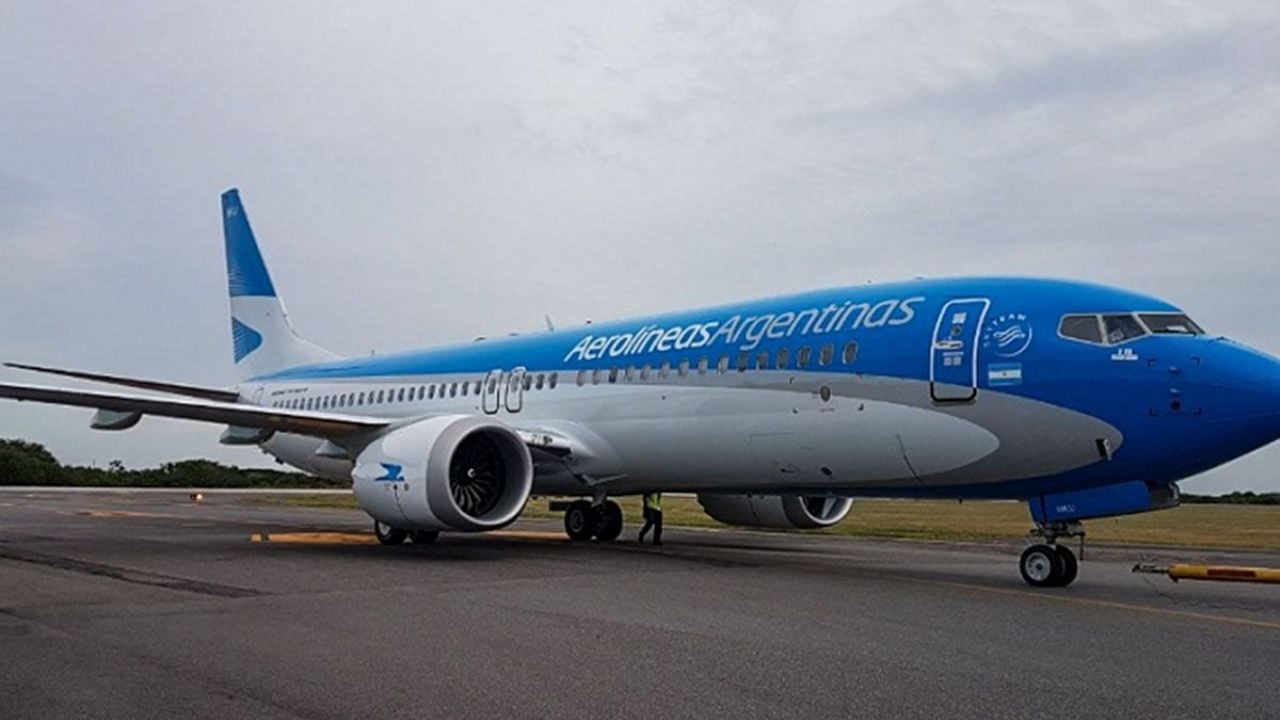The recent announcement by President Javier Milei about the privatization of Argentine Airlines It has generated a great debate in the country. The decision to use a Decree of Necessity and Urgency (DNU) to declare the airline “subject to privatization” has been seen by many as a shortcut to avoid parliamentary treatment and accelerate the process of partial or total sale of the company.
This movement has sparked various reactions in both the political and economic spheres, and has revealed the existing tensions between the government and the aeronautical unions. The DNU signed by Milei is framed in article 9 of Law 23,696 on State Reform, which allows the Executive Branch to declare a state company “subject to privatization” as intended. Argentine Airlines.
This measure seeks to overcome legislative obstacles and advance quickly in the sale of Aerolíneas Argentinas, a company that, according to the government, has a chronic deficit that puts the country’s fiscal sustainability at risk.
Presidential spokesman Manuel Adorni argued that previous populist governments are responsible for the airline’s financial situation and that privatization is necessary to clean up its accounts.

The announcement has generated strong opposition in Congress, especially among provincial deputies who fear that the privatization of Argentine Airlines leave the provinces without connectivity again, as happened in the 1990s.
Allied and opposition deputies, along with airline workers, mobilized en masse in front of Congress to express their rejection of the measure. The Chamber of Deputies had given the green light to the privatization project prepared by Macrista Hernán Lombardi, but the treatment in committees was stopped due to the lack of sufficient signatures to issue an opinion.

Impact
The privatization of Argentine Airlines It has significant implications for the Argentine economy and society. On the one hand, the government argues that the sale of the airline will reduce the fiscal deficit and attract private investments that improve the efficiency and competitiveness of the company.
However, critics point out that privatization could lead to an increase in air fares and a reduction in services on unprofitable routes, negatively affecting the most remote provinces and lower-income sectors.
follow us on Google News and on our channel instagramto continue enjoying the latest news and our best content.


















